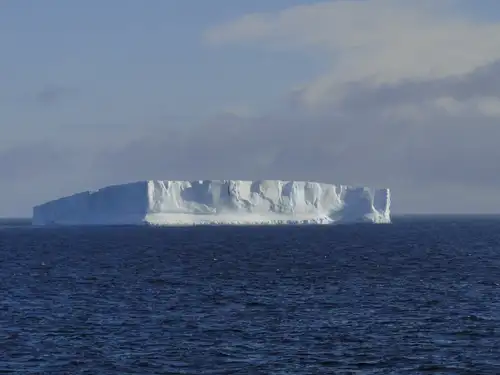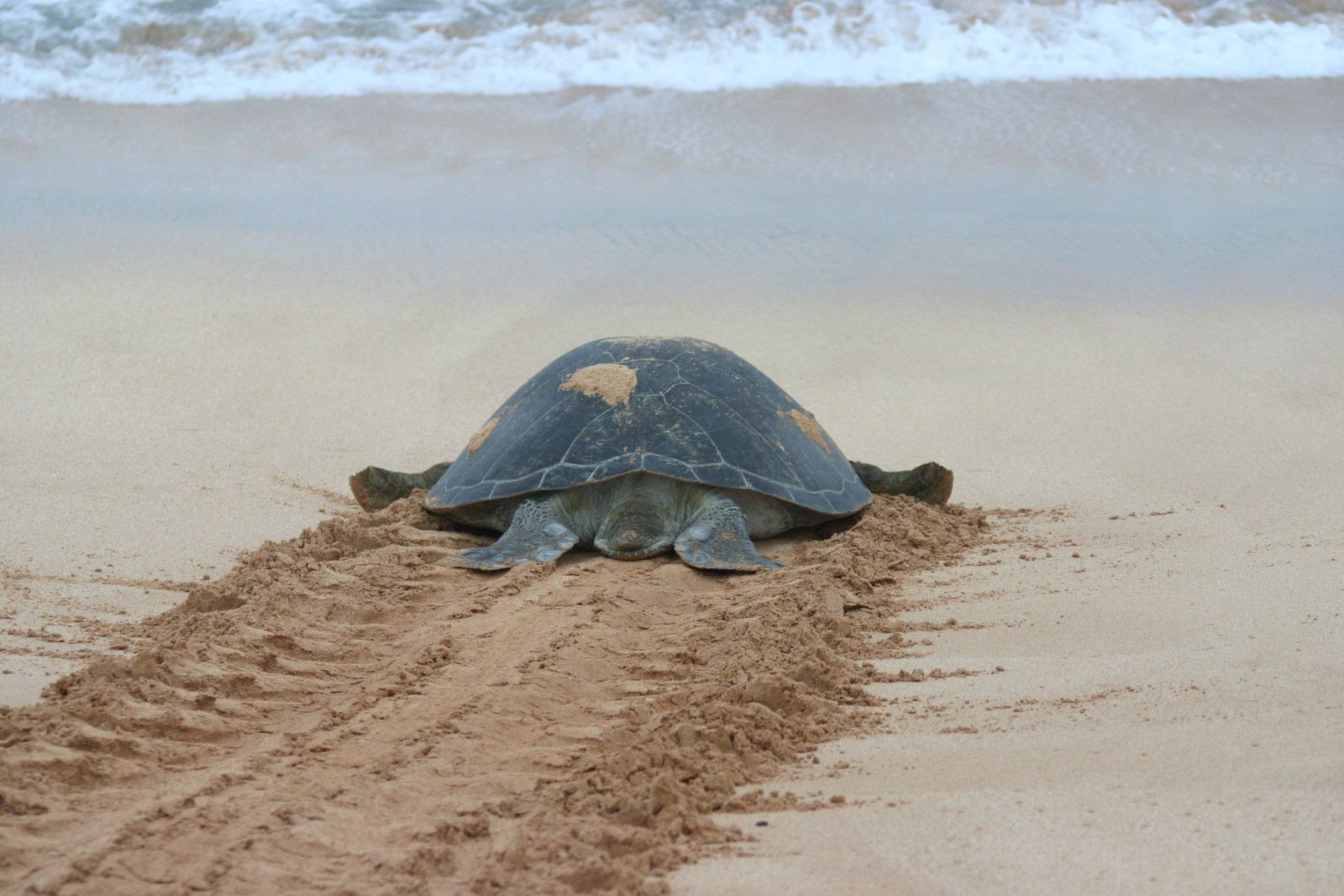If you know anything about Ascension Island, which is unlikely, it probably has to do with the green turtle breeding population that exists there.
But fewer people know that this small volcanic landmass in the middle of the South Atlantic is actually a great travel destination for other reasons. Because of the long days we spend at sea, our Ascension Island route is highly popular among whale watchers and bird lovers.
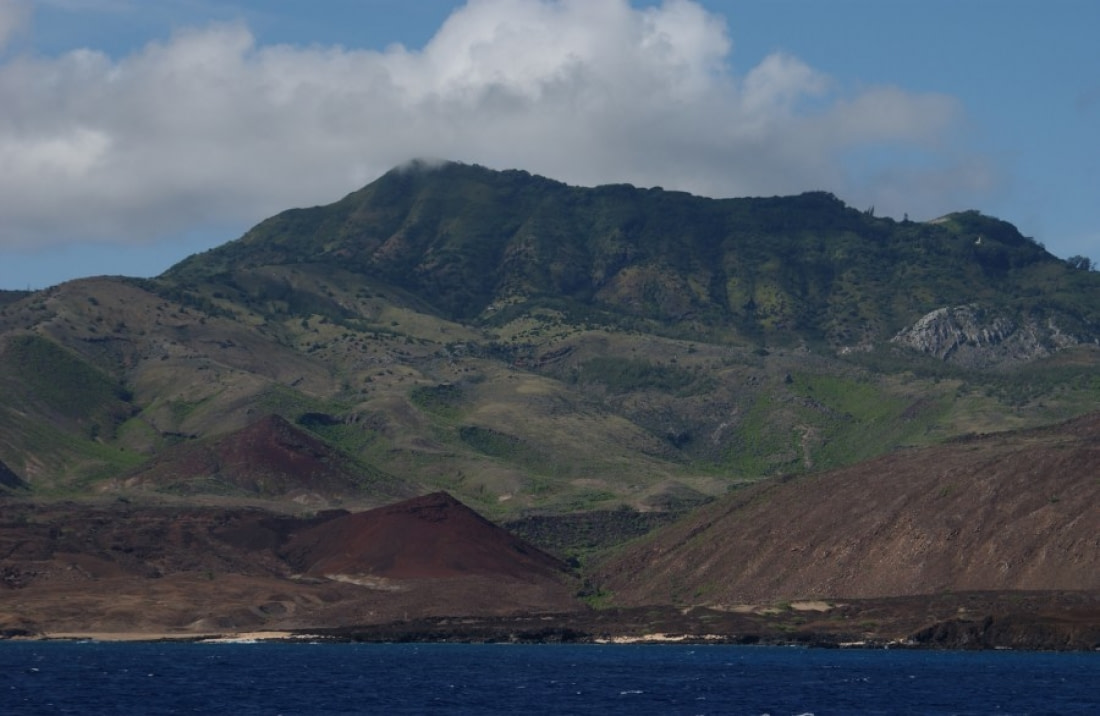
Our chances of meeting a variety of whales are high, and you can also see the northbound spring migration of birds like Arctic terns and long-tailed skuas joining us across the Equator.
Here are a few of Ascension Island’s most prized natural splendors, followed by some of the highlights of our usual Ascension route.
The green turtles of Ascension Island
Ascension Island has a rich history, but it is perhaps the green turtles for which this remote South Atlantic island is most known – at least among wildlife lovers.
The Ascension Island turtles grow beyond one meter long (3.2 feet) and are some of the largest green turtles in the world, feeding in the shallow sea-grass fields off the Brazilian coast.
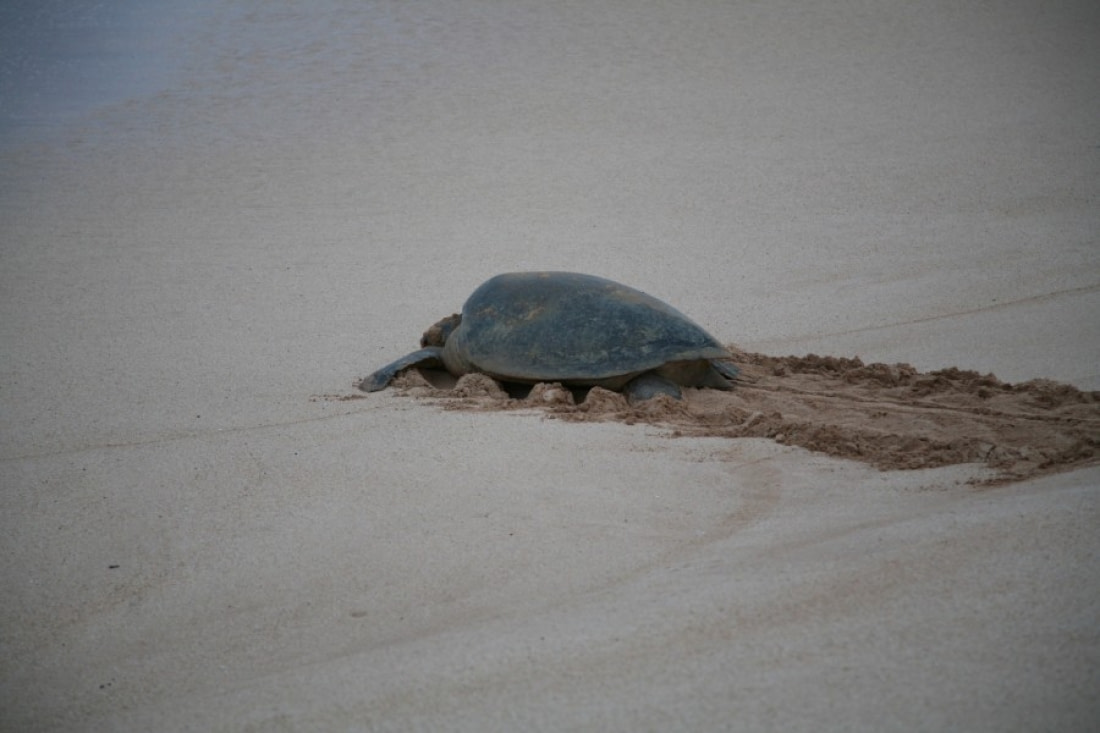
Every year thousands of green turtles travel to Ascension Island to lay eggs along the sandy beaches, where you can see them coming to shore at night. This presents a wonderful opportunity for nature photographers.
Just keep in mind that flash photography of the green turtles is not permitted, as it disturbs these precious Ascension Island animals.
Ascension Island’s hike between the horns
Ascension Island is located about halfway between the horn of Africa and the horn of South America, its highest peak stands 859 meters tall (2,818 feet), and its healthy volume of rain keeps much of the tropical landscape lush and gardenlike.
In other words, when you visit Ascension Island you’re in for some fine mountainside views.
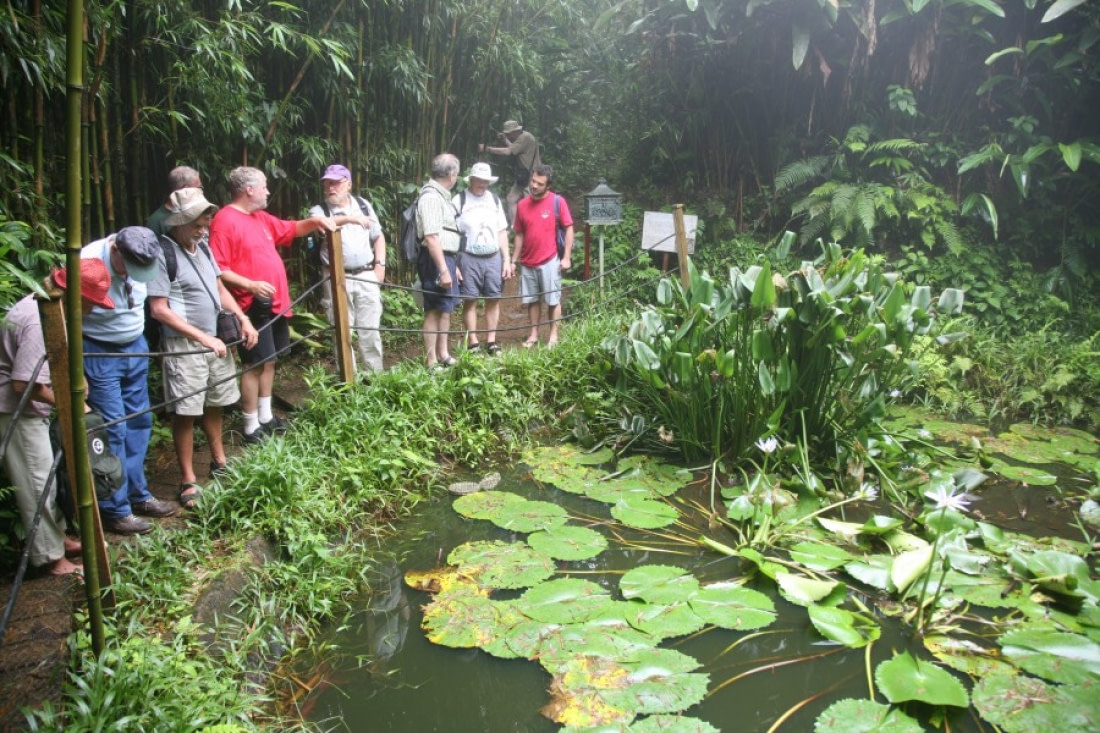
There are hiking opportunities on Green Mountain in particular that, if our landing time permits, provide impressive 360-degree views of the surroundings.
The wideawake bird of Ascension Island
During WWII an American military station named Wideawake Airbase was built on Ascension Island. This name came from the sooty tern, also known as the wideawake bird for its loud call, which woke military personnel up early in the morning.
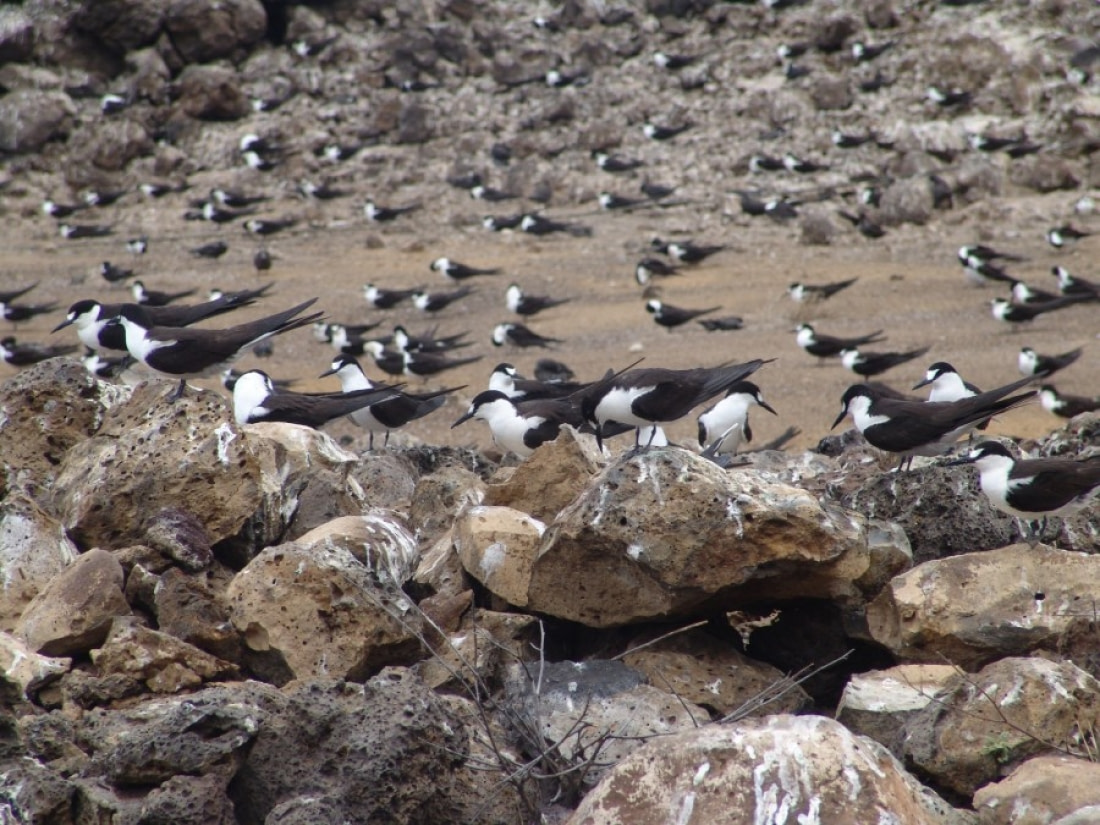
Near the base is a large colony of over a million sooty tern breeding pairs. Petrels, boobies, white terns, tropic birds, and Ascension frigatebirds can also be seen on Ascension Island.
Our wildlife-packed Ascension Island route
Ascension Island is a wonderful whale, bird, and hiking destination in and of itself, but much of its charm also comes from the experiences you can have around the island.
The first day of our Ascension Island voyage begins in Jamestown, the capital of St. Helena, one of the most remote islands in the world. Jamestown is a uniquely located city that offers much to enjoy before setting sail: British culture, pleasant tropical climate, and endemic birds.
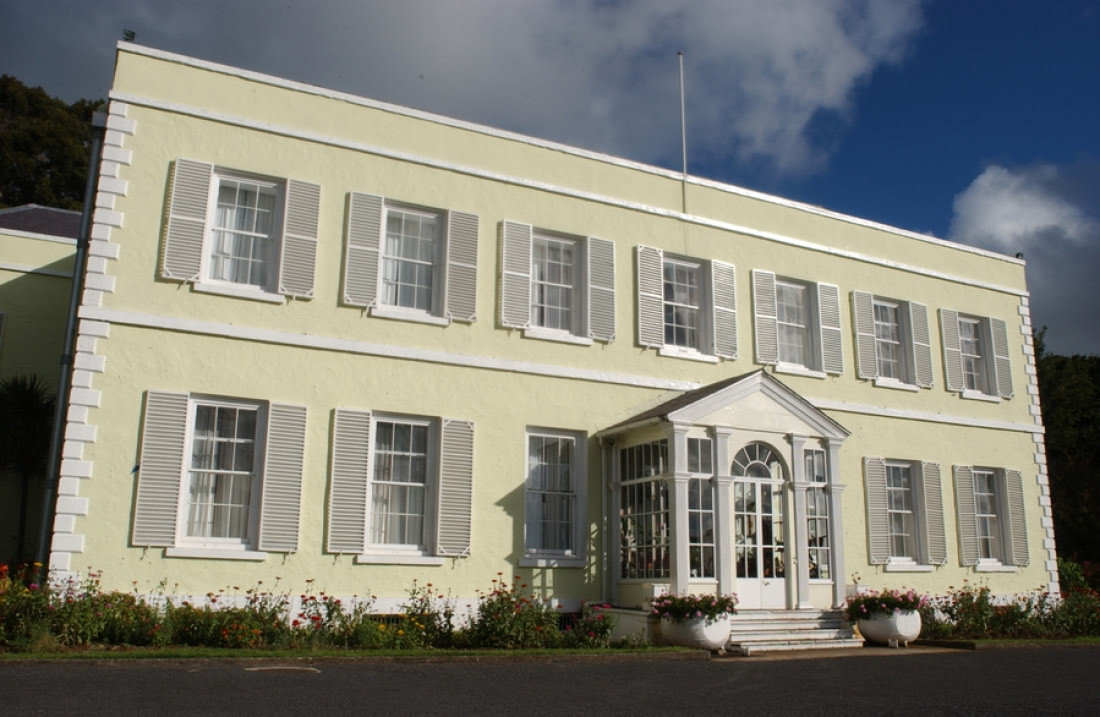
You can also visit the house where Napoleon lived (and died, in 1821) during his second exile, walk the 699-step Jacob’s Ladder, or go hiking or snorkeling.
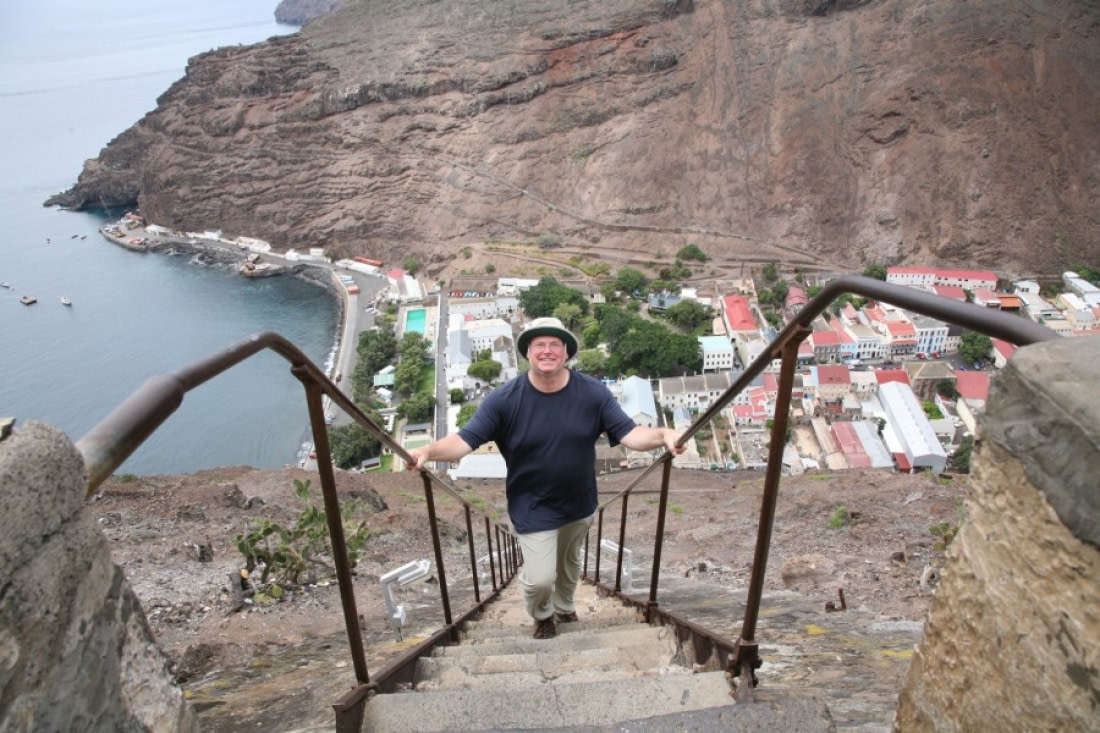
The next two days you spend sailing the Mid-Atlantic Ridge, the submarine mountain range running some 16,000 km (10,000 miles) from the Arctic Ocean to near the southern tip of Africa.
The fourth and fifth day you spend around Ascension Island.
Afterward you sail across the Equator, spending about four days on the high seas. On the eleventh day you reach the town of Praia, in the Cape Verde Islands.

If you have the time, we offer an additional tour in and around this fascinating town: You can see Cidade Velha and its massive hillside fortress, built to defend against English raiders; tour the oldest Christian church in the tropics; and see the old whipping post in the square.

Or you can simply stroll the Praia streets, enjoying the variety of indigenous folk music spilling out of the tavern windows, a fine end to your Ascension Island adventure.
Blog


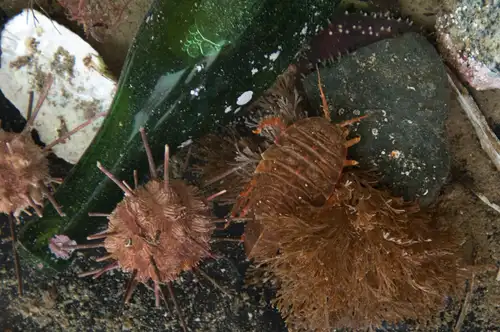
Deep Sea Dwellers: 10 Facts about The Antarctic Giant Isopod
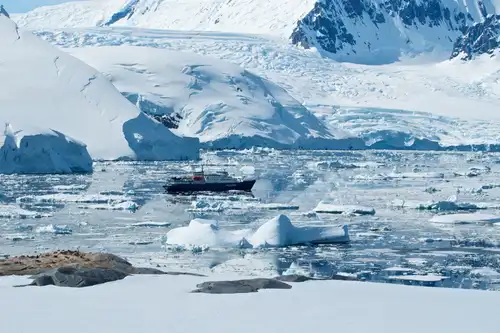
10 Books and Films To Prepare for your Antarctica cruise
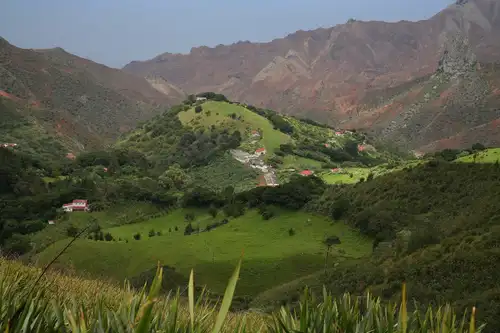
Five Reasons to Love St. Helena
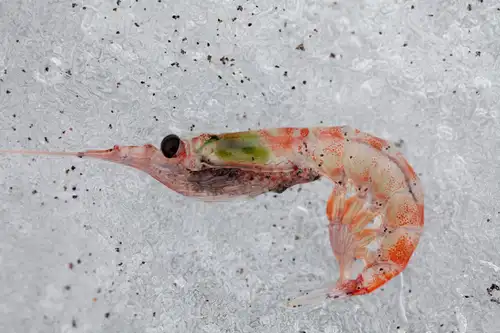
Life in the Polar Regions
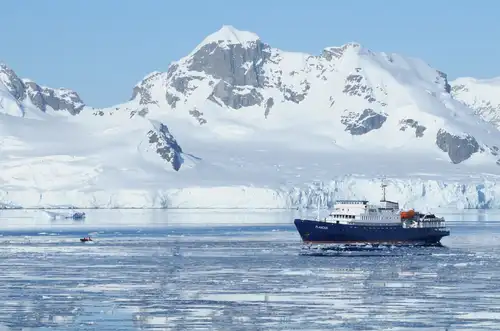
The Ultimate Traveler’s Guide to the Arctic and Antarctica
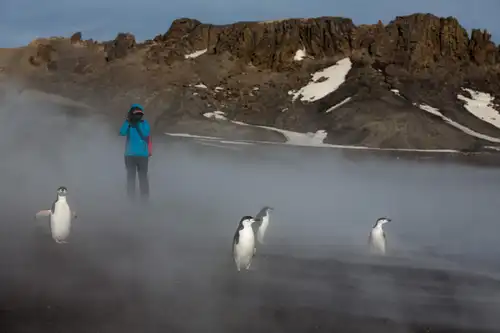
Graham Land: A landscape dominated by volcanoes

Three Antarctica Cruise Deals

The disastrous expedition in the Arctic west

Of Treacherous Rocks & Audacious Fin Whales
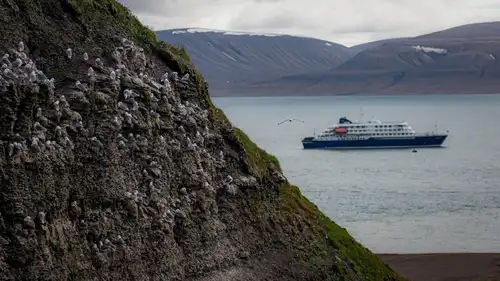
Circumnavigating Spitsbergen
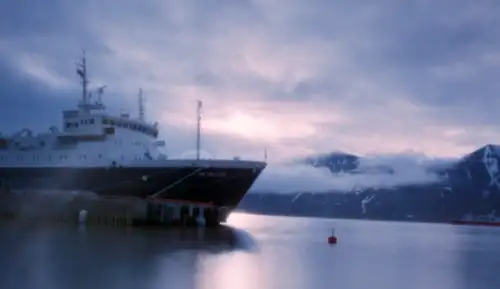
Solargraphy & Pin Hole photography in the Arctic
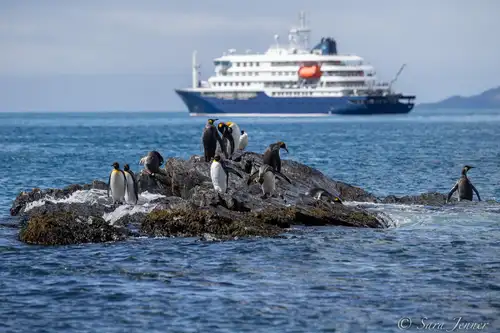
Weddell Sea, Shackleton’s Endurance, and New Swabia
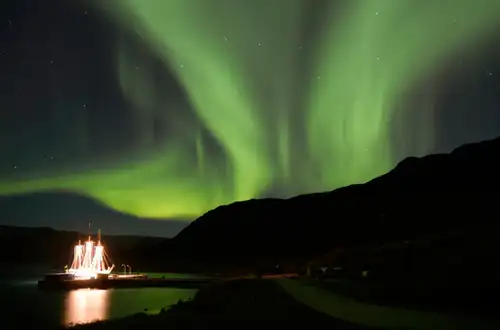
The Northern Lights dancing across the skies
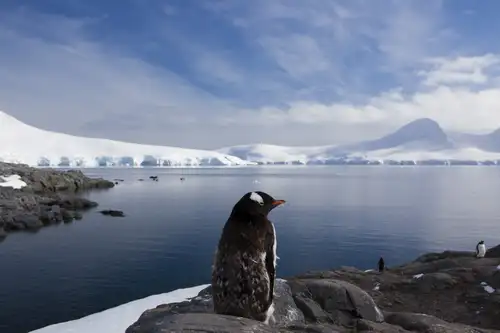
Guidelines for visitors to Antarctica

Svalbard’s 12 Most Iconic Animals
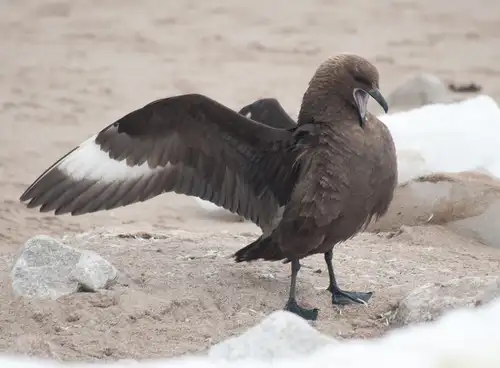
Fierce and Feathered: the Skuas of Antarctica
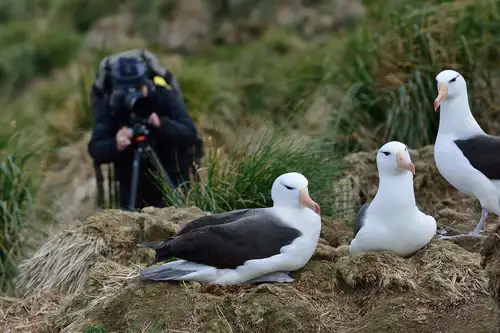
15 Falkland Islands Bird Photos
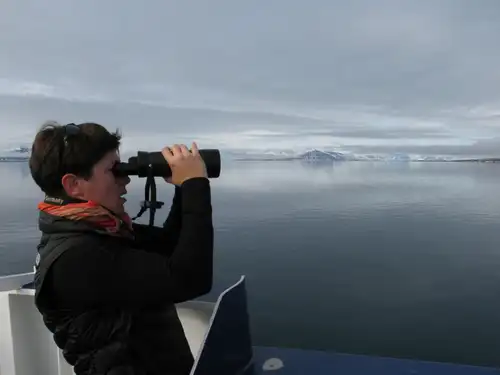
10 Popular Bird Watching Binoculars
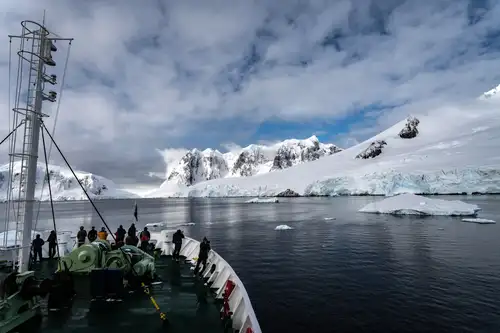
12 Things to Do in Antarctica
